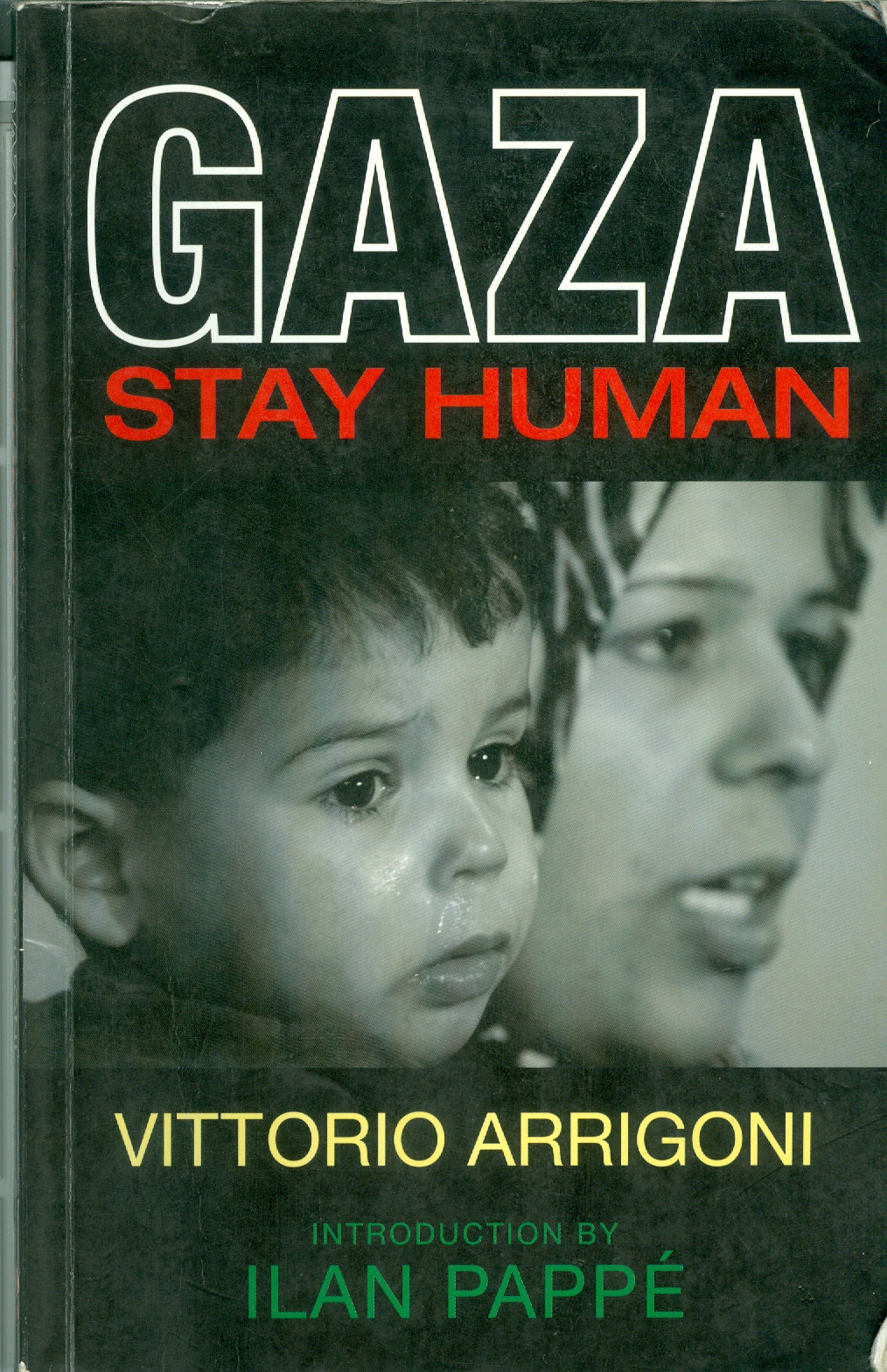CAIRO- Call it a quintessentially Egyptian habit, but no sooner had the explosions rocked Alexandria’s Al-Qeddesine (Church of the Two Saints) during the early hours of 2011 than melodies of national unity sprang nationwide.
Frustrated with the system, activists took to the streets daily for the week following the attacks, chanting against what they branded as sectarian terrorism.
On Monday night, however, they traded chants for choruses, flocking to a full-house concert at Sawy Culture Wheel in tribute to the victims and in solidarity with their families.
The event titled “Microphone for Alex” was championed by the creators of indie movie “Microphone.” The first leg of the event was scheduled to have taken placed on Sunday in Alexandria but was scrapped by the authority for unidentified security reasons.
The concert presented a number of bands featured in the award-winning film about the underground art scene in Alexandria alongside a number of guests that included Wust El Balad, Cairo’s favorite music ensemble.
“The concert has nothing to do with the film,” the film’s director Ahmad Abdallah’s told Daily News Egypt, adding that it is the responsibility of filmmakers to advocate change. He also urged Egyptians across fields to join forces.
“Many of those who worked on the movie live on the same street as some of the victims,” Abdallah continued, a reality that triggered the idea of the benefit show which saw crowds shuttled in from Alexandria only for the three hours it lasted.
Taking the stage in front of a banner with a picture of giant, palpitating heart of the conjoined cross and crescent, Massar Egbari kicked off the night’s show with a mixture of powerful and somber numbers.
The fusing of oriental beats against a jazzy tune is nothing new to the local music flavor, but add to the recipe a poignant Pink Floyd influence and soothing, satirical vocals and you get Massar’s sound. Occasionally, their lead singer/guitarist Hany El-Dakkak sprang into powerful solos reminiscent of the British psychedelic rock icons.
After a couple of opening numbers, El-Dakkak belted out a band’s original titled “Mafeesh Haga” (There is Nothing) alongside Wust El Balad lead singer Hany Adel, a humorous, convincing number about materialism and the lack of opportunities in Egypt.
Tears were brought to the crowd when the quintet invited Ali El-Helbawy and an accompanying accordion for a heart-felt mawwal-type number whose lyrics perfectly fitted the occasion.
“Oh sad eyes of Egypt, throw all your sadness upon us, and wipe off the tears of the city… Muslim or Christian, it doesn’t matter, Mina’s blood is Ahmed’s blood,” trolled El-Helbway like a horn sounding a call for war.
The audience, moved by the lyrics and Helbway’s heartening vocals, cheered for an encore, which was unhesitatingly granted.
Picking up the beat, the eight rappers of Y-Crew, also featured in the film, stormed the stage. After a short number with Massar, the hip-hop arm-waving crew thrusted a few originals of their own.
Although they could have benefited from a rowdy crowd hugging oversized t-shirts and backwards caps, they bounced and jerked around the stage with contagious energy.
Another notable participating band was Soot Fel Zahma, also hailing from Alexandria. The eclectic strumming of oud leads a harmony of sounds, including guitars and keyboard; a rich sound with traces of an orchestra that, true to their name, surely stands out in a crowd.
In “Sees,” a pulsating original that explores social ills, members alternated in taking the microphone, after which they belted out a soulful number entitled “Zar.”
Wust El Balad proved to be a crowd favorite. Taking the stage for four uninterrupted numbers, the septet sprang to earlier works from their first album including “Shams El-Nahar” (Morning Sun) “Hela Hop” (Let’s Go) and, inevitably, “A’m Mina,” a warmhearted wander into sectarian tensions.
They also sang “Rubabekya” (Junk) from their latest album of the same name.
The show also featured Alexandrian talents Puzzle and Shady El-Garf as well as Cairo-based Ana Masry, a group combining Coptic hymns with Islamic chanting whose songs all break out with the words “Ana Masry,” as if in constant tribute to their band.
While music took center stage, actors, ushered to the stage in between performances, were also keen on showing solidarity. Young Egyptian actresses including Youssra El-Lozy, Basma and Hana Shiha presented a few words to the crowd. Speakers also included veteran Egyptian filmmaker Yousry Nasrallah, emcee Khaled Abol Naga and a deeply heartfelt appearance by the mother of Khaled Saeid, the 28-year-old young man who was beaten to death by police in Alexandria last year.
Organizers put the toll at 1,000 attendees. Although some were volunteers and members of the sponsoring crew, the tens of thousands generated from tickets and merchandise sold during the concert will proceed to the victims’ families.
As the daring ensemble behind the movie “678” joins forces with the masterminds of harrasmap.org, shuttling between talk shows and disclosing taboos surrounding sexual harassment, it is uplifting to see filmmakers engaging directly with society. “Microphone for Alex” is another laudable effort in the same direction.

Actors and participating band came together on stage for a joing performance at the end of the concert.

“Microphone” director Ahmad Abdallah.



